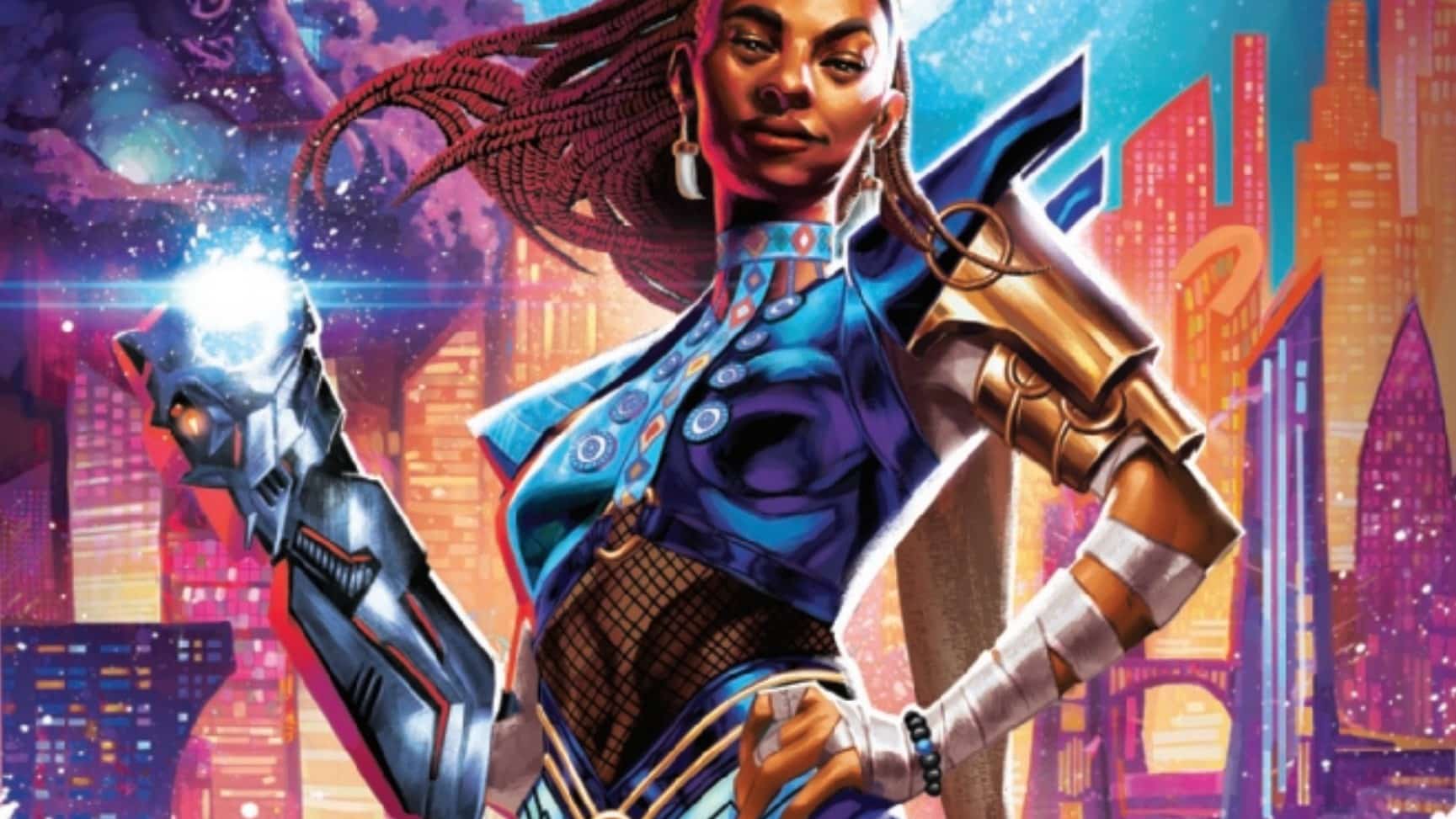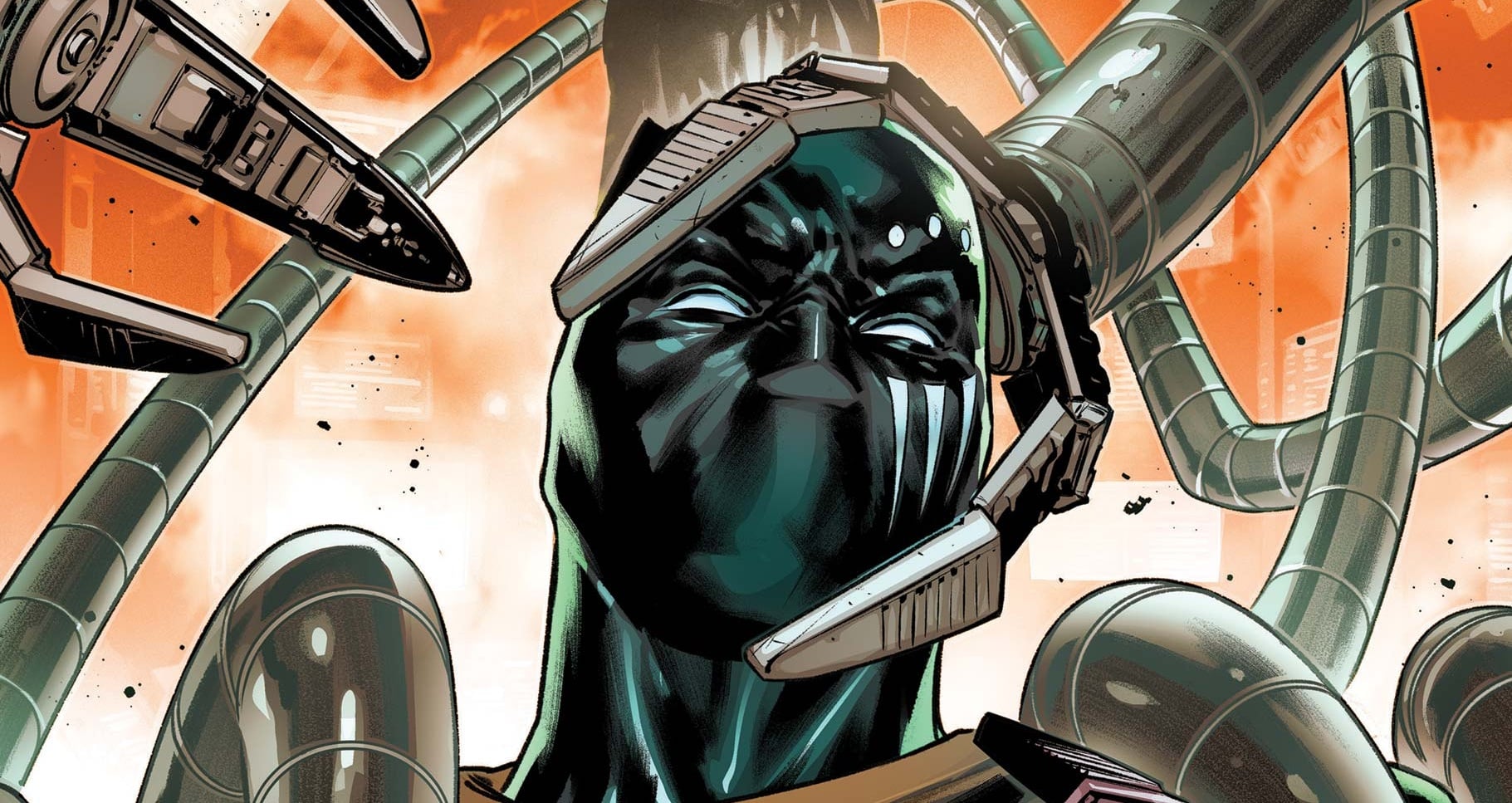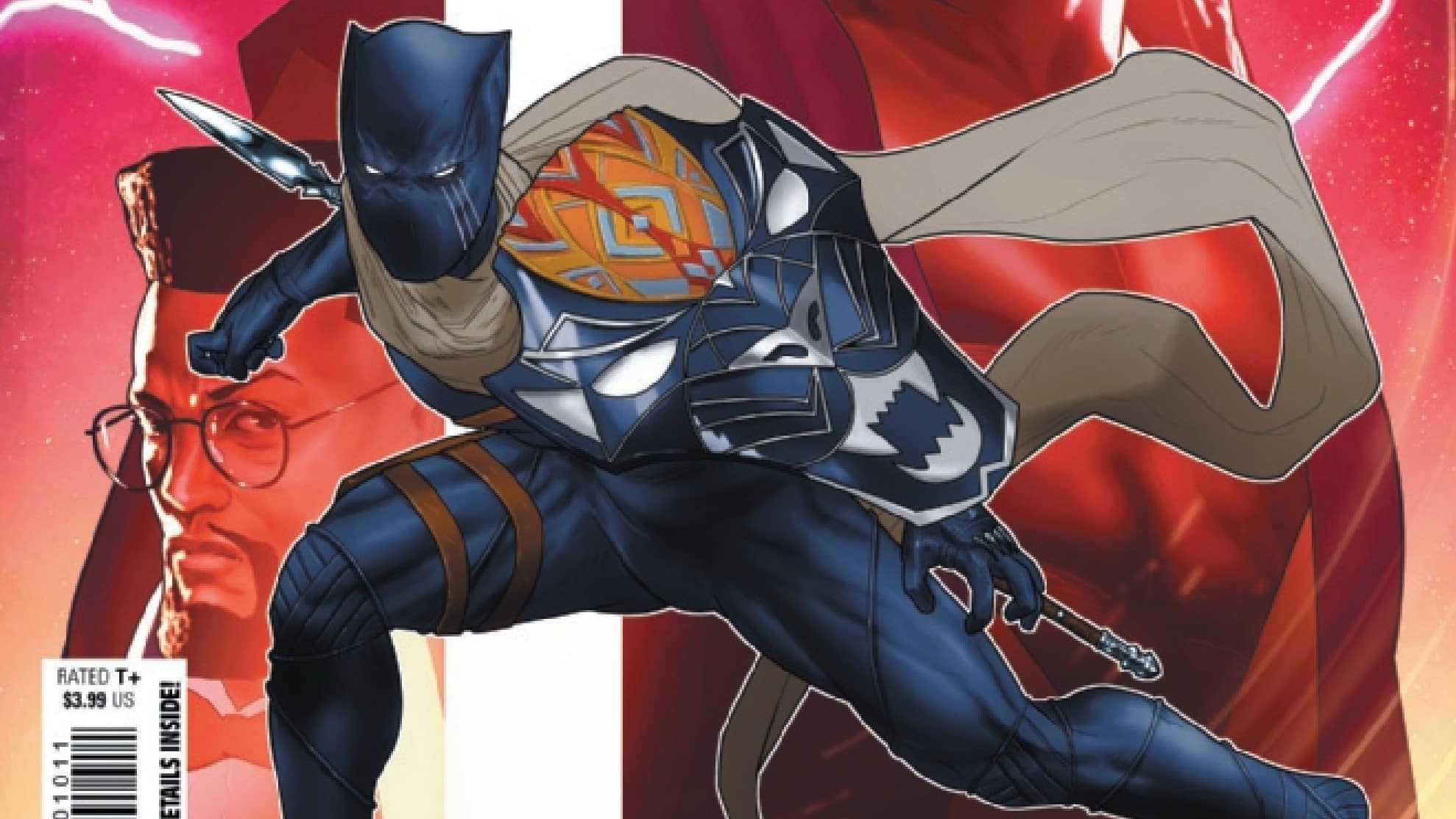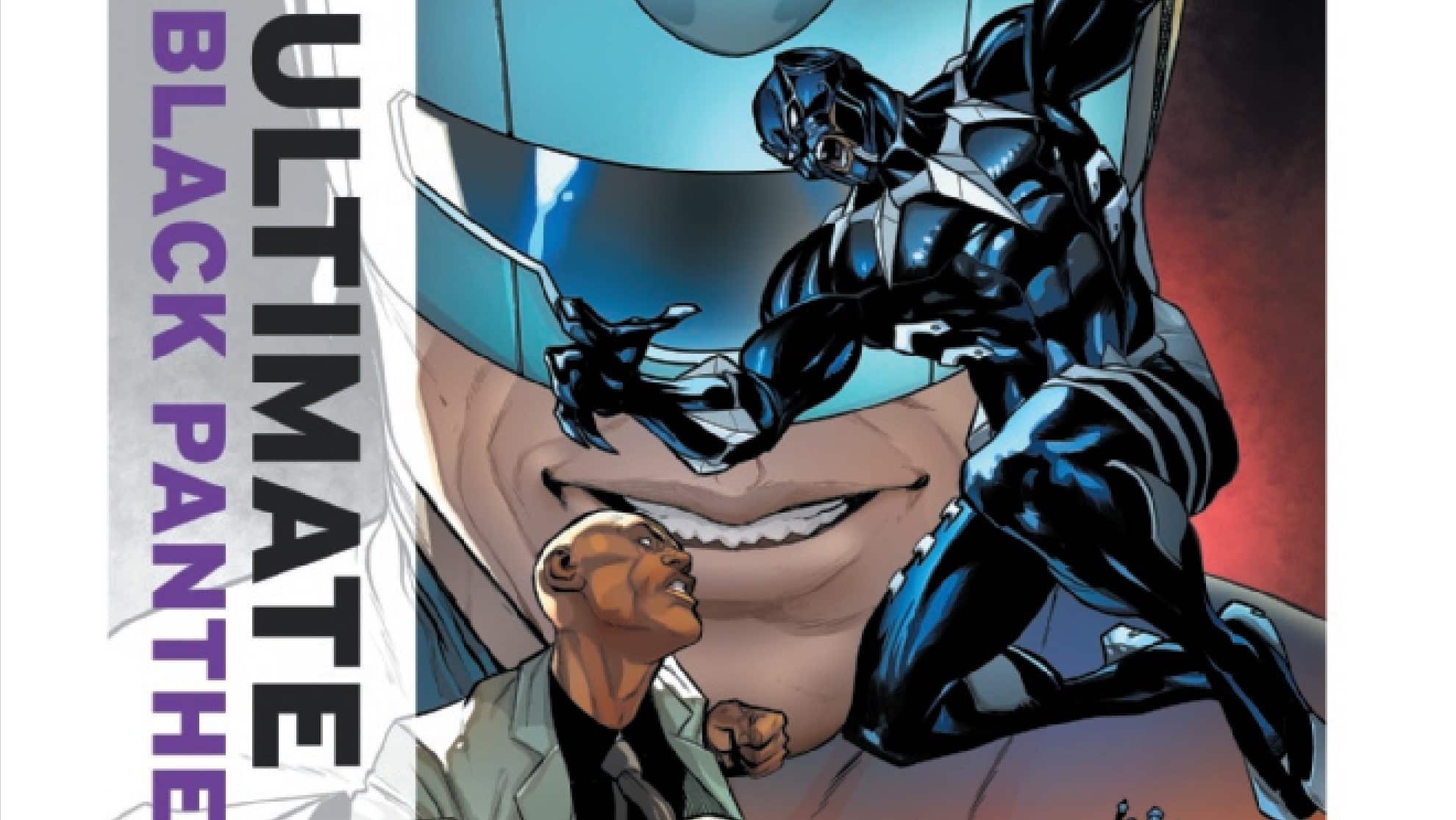“No, I didn’t like it. At all.”
She told me (of all people!) she doesn’t like Black Panther. Not the movie, not the comic. Nothing. But I wasn’t mad. How could I be?
She was born in East Africa, educated in Kenya and Namibia. She speaks Amharic to her mother and father.
How could she get past the inconsistently accented English or the convoluted mannerisms and assumptions about life on the continent?
Why would I expect her to feel otherwise?
Wakanda is a fictional land, invented by a white man and refined by a successive line of Black Americans. It is the home we, the Black American diaspora, have always longed for: the place where we can be unapologetic.
Empowered.
Free.
It’s a construct of our subconscious, a subconscious that’s matured in lockstep with our understanding of the continent and the world.
No longer a “savage” fiefdom or a paternalistic kingdom, Wakanda is now a democratic republic — a republic that, for reasons equally legitimate and farcical, rejects its royalty.
Wakanda is many beautiful, wonderful, necessarily complex things.
But is it African?
Black Panther #10 and Wakanda #1 don’t answer that question — not directly, not yet. But, taken in tandem, the works do further define what Wakanda was, is and can be. While their stories manifest in different ways — Black Panther as an (on the nose) allegory, and Wakanda as an introduction of legacy and legend — the connection is still profound.
But do profound connections equal enjoyable works?
Black Panther #10

What is a king without a kingdom? What’s a kingdom without a king?
T’Challa, from the beginning of John Ridley’s run, has lost his royal title, his girlfriend, his best friend, his most trusted ally and, apparently, the impervious nature of his vibranium. If you think you’re having a bad day, just read Black Panther; I guarantee you you’ll feel better by comparison.
(He’s also lost his empathy, fighting prowess and humility — all traits highlighted in Ta-Nehisi Coates’ preceding run. This series lacks gravitas because of these losses. Whether that makes for a more digestible comic is up for discussion.)
T’Challa and three of his Avenger comrades (Cap America, Cap Marvel and Cap Asgard … err, Thor), are fighting an alien known as the Colonialist, who uses unwillfully coerced labor to fight his conquests. Yes, the allusion is silly and maybe lazy (the ventriloquist analogy — French kiss!), but sometimes silly and on the nose is OK — these are comics after all. While the Captains (and Thor!) fight the henchmen, T’Challa embarks on a mission to detonate a vibranium bomb to even the score. Yet he’s halted in his tracks by one of the henchmen known as the Buffalo Soldier. A Black man, in a blue shirt, with a yellow scarf, riding a literal bison. Yes, the Buffalo Soldier is just like those Buffalo Soldiers — a point T’Challa exploits to get him to revolt against his master. (In short, the soldiers fought for their freedom but were used as willing pawns to take freedom from First Peoples). Yes, you read that correctly: The character named Buffalo Soldier, despite wearing the uniform and riding a bison, needed an outsider to tell him who he was. This seems ridiculous, no?
Why doesn’t the soldier know who he is? And who is T’Challa to tell him who he should be for his benefit?
But then again, who are we to tell Africans who they are and should be for ours?
There’s one panel — easy to miss, and yet profound — in which T’Challa realizes he is not so different from the colonizer, asking others to sacrifice for his glory. That was poignant. Almost perfect. And, for this run, sadly rare. While the action is yet again excellent (German Peralta is doing really wonderful work here), the story still feels a little aimless. Disconnected. Incomplete. No matter, the lessons are learned, the Earth is safe, and T’Challa, knife wounds to the chest, is humbled yet again.
Here’s hoping he will eventually stand tall again, but from the preview descriptions of the next few issues, those hopes are almost certainly going to be tabled.
Wakanda #1

Wakanda tells a more straightforward tale, as Shuri ponders her place in a newly democratic Wakanda. Rhino (who I thought was kind of reformed, given his appearances in Daredevil and Miles Morales) has snuck past the walls of Wakanda aboard a convoy of rescued rhinos (comics!) Shuri makes quick work of him, summoning powers in ways we have seen from a certain DC Comics Vixen (see what I did there?) Rhino is contained, but a camera is found on his person, implicating the involvement of a more thoughtful villain: Ohyaku. A mercenary last seen almost a decade ago (in our time), she has a grudge against Shuri from her time as the main Black Panther, a grudge she’s clearly keen on reigniting. The story is pretty straightforward — no real surprises or allusions, save for a maybe crush on Tosin (Is she still dating Manifold?) and the foreshadowing worry that T’Challa’s absence seems “different” this time.
Everything about this is good. Stephanie Williams, fresh off her defining take on Nubia for DC, does a great job of taking existing lore and setting up a framework for an interesting encounter. I’m curious how Shuri’s insecurities will manifest, and how her place in the kingdom may or may not shift.
That said, the centerpiece of this issue is its second act. Penned by Evan Narcisse, “History of the Black Panthers” is a History of the Marvel Universe type tale, detailing the long, intertwined history of Panthers and Wakanda. The framing device — history shared as prose from Ramonda and Shuri, giving context to not only who Wakandans are, but why they are what they are — is a perfect way to give exposition that feels informative and interesting as opposed to droning. And like History of the Marvel Universe, the art is inspired (Natacha Bustos does wonders here) and the prose is backed up by annotated footnotes for context (Skybreaker!). It’s clear Narcisse loves Black Panther (I argue he or Tochi Onyebuchi should be the next writer), and I’m excited to see his vision fleshed out further.
Both comics are worth your dollars; Black Panther for a heavy handed yet precedent lesson, Wakanda for good and great storytelling, respectively, all working to flesh out what it means to be a Wakandan.
Still, I wonder: Is this appropriation? Is this the appropriate way to honor our ancestral home? I don’t know. But if Wakanda represents the best of us, perhaps we’re really still trying to figure out what it means to be our best selves. Perhaps that journey is ongoing, evolving and messy by necessity — just as the evolution of Wakanda is in these pages.
And that is worth exploring, both within the comics and within ourselves.
Inconsistent accents and all.
A proud New Orleanian living in the District of Columbia, Jude Jones is a professional thinker, amateur photographer, burgeoning runner and lover of Black culture, love and life. Magneto and Cyclops (and Killmonger) were right. Learn more about Jude at SaintJudeJones.com.






